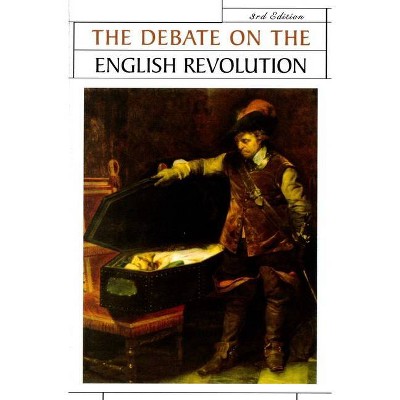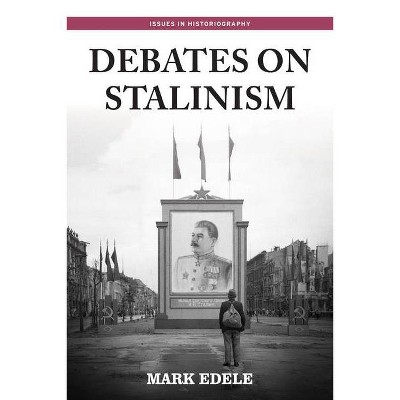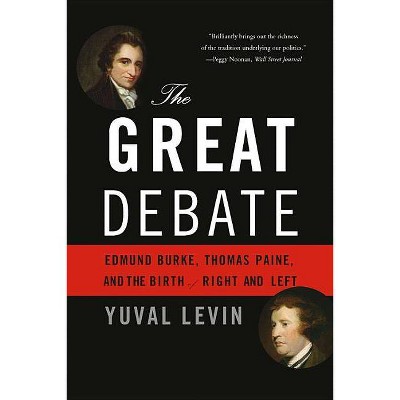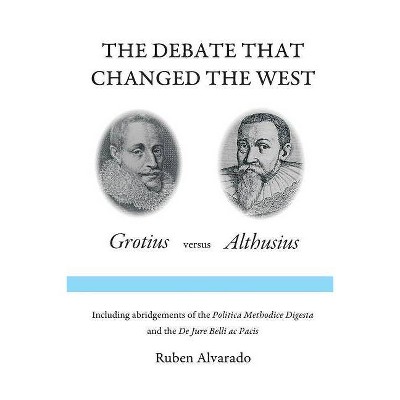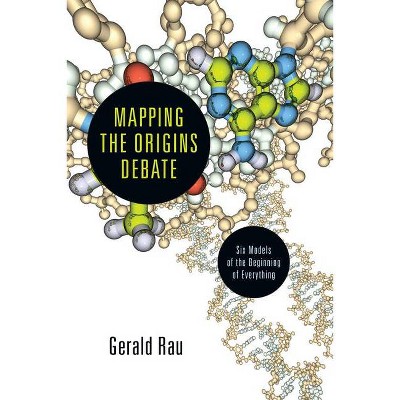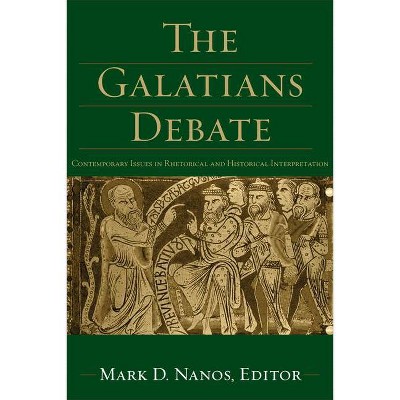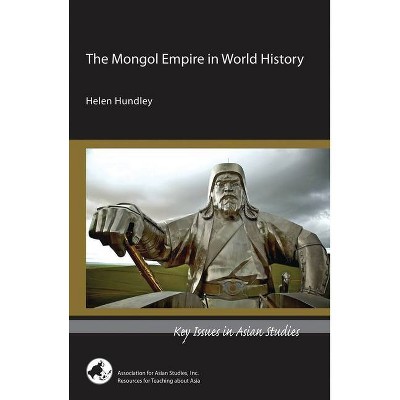The debate on the decline of Spain - (Issues in Historiography) by Helen Rawlings (Paperback)
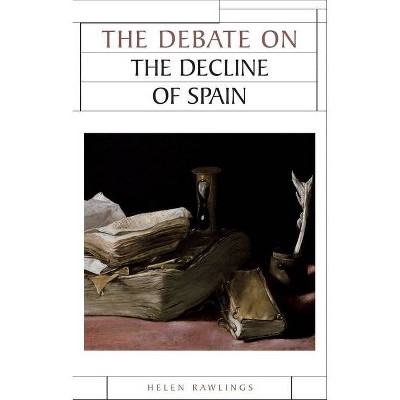
Similar Products
Products of same category from the store
AllProduct info
<p/><br></br><p><b> About the Book </b></p></br></br>Looks at when, why and how Spain declined in status from its pre-eminent position as a leading world power in the seventeenth century, examining the methodologies and schools of inquiry that have shaped the discourse and how historians' perceptions have been influenced by time and circumstance.<p/><br></br><p><b> Book Synopsis </b></p></br></br><p>When, why and how did Spain fall from its pre-eminent position as a leading world power in the seventeenth century? These fundamental questions have exercised the minds of distinguished historians such as Prescott, Merriman, Hamilton, Braudel, Vilar, Vicens Vives, Elliott and Kamen and produced a prolific amount of writing. But while the subject of Spain's decline has been subject to rigorous historical research, the debate between scholars underpinning it has not thus far been analyzed from a historiographical perspective. What are the methodologies and schools of inquiry that have shaped the discourse? How have historians' perceptions been influenced by time and circumstance? Why has the 'Two Spains' phenomenon endured as a historical paradigm against which to measure its fortunes? These are some of the issues this book will address in its appraisal of the historians of Spain's decline and their discourse.</p><p/><br></br><p><b> From the Back Cover </b></p></br></br>The circumstances surrounding the transformation of Spain from its position as a dominant imperial power in the sixteenth century to that of a nation which suffered a dramatic reversal of its political and economic fortunes in the seventeenth century has generated one of the most seminal 'rise and decline' debates in early modern history and produced volumes of scholarship. However, the subject has not hitherto been approached from a historiographical perspective. The present book aims to bridge that gap and contribute to other case studies of major debates in world history covered in the Issues in Historiography series. It assesses how the debate has evolved from the sixteenth century to the present day via a study of the historians who participated in it, the ideological, political and philosophical influences that shaped their outlook on events and the trends in historical research, methodology and discourse that have informed it. It demonstrates how the decline thesis has frequently been contested, adapted, revised and even overturned altogether by successive generations of international scholars. It illustrates how the debate has defined the long view of Spain's historical trajectory by building upon its predisposition for greatness and failure and indentifying on-going fluctuations in its fortunes as a continuum of past events. The book will be of interest to students, lecturers and scholars of European History and Hispanic Studies and incorporates the work of Spanish historians on the subject of Spain's decline for the benefit of an English-language readership.<p/><br></br><p><b> Review Quotes </b></p></br></br><br>Rawlings' well informed, finely structured and clearly written book makes a valuable contribution to the study of one of the main themes in Spanish historiography. All in all, Rawlings' book will be an indispensable tool for scholars and teachers of early modern Spain.<br><p/><br></br><p><b> About the Author </b></p></br></br><br>Helen Rawlings is Senior Lecturer in Spanish at the University of Leicester<br>
Price History
Price Archive shows prices from various stores, lets you see history and find the cheapest. There is no actual sale on the website. For all support, inquiry and suggestion messages communication@pricearchive.us
